Music Reference Librarian Donna Arnold prepared information about Ukrainian performers for a display in the Featured Music Items section at the UNT Music Library. Below is the remote adaptation of this display.
Vladimir Horowitz was born in Kyiv in 1903. He began to study at the Kyiv Conservatory in 1912, and gave his first solo recital in Kharkiv in 1920. After the revolution, he emigrated to the West in 1925, where he embarked on his career as a concert pianist and became an international superstar. He remained in the West for the rest of his life, giving hundreds of concerts and making many recordings. As relations improved between Russia and the United States, he returned to Russia and gave a series of legendary concerts in 1986. He died in New York in 1989.
Sviatoslav Richter, 1915-1997
Born in Zhytomyr, Ukraine to a musical family, he and his family moved to Odessa, Ukraine in 1921, where he received significant early training. In 1937, he moved to Moscow to study piano at the Moscow Conservatory. He spent his entire career in the Soviet Union, and gained an international reputation by the 1950s. Allowed to tour outside of Russia, he made many recordings with famous orchestras in various countries.
Emil Gilels, 1916-1985, was born in Odessa, Ukraine. In 1929, he was accepted at the Odessa Conservatory and gave his first public concert. In 1936, he began studies at the Moscow Conservatory and won an important musical competition, which brought him wide fame. He stayed in Russia for the rest of his life and had a lengthy, brilliant career as a concert artist, recording artist, and teacher. In 1958 he chaired the jury for the inaugural International Tchaikovsky Competition in Moscow which awarded first prize to Van Cliburn.
Ivan Kozlovsky, 1900-1993
This famous tenor was born in Marianivka, Ukraine. He studied in Kyiv and sang operatic roles at Poltava and Kharkiv in the early 1920s. He went on to be a leading lyric tenor at the Bolshoi Theatre in Moscow. He gave many concerts throughout the Soviet Union but was never allowed to tour outside of Russia. Fortunately, many of his recordings are now available. Throughout his career he actively promoted Ukrainian music and made many recordings of it. In 1970, he funded a music school in Marianivka.
David Oistrakh, 1908-1974
This famous violinist was born in Odessa, Ukraine and studied at the Odessa Conservatory. In 1927 he made his concert debut in Kyiv. He moved to Moscow that year, where he became a professor at the Moscow Conservatory. He was associated with famous composers such as Shostakovich, Khachaturian, and Prokofiev, and premiered several of their works. Allowed to tour in the West, he achieved widespread international fame.
Music Reference Librarian Donna Arnold prepared information about Ukrainian composers for a display in the Featured Music Items section at the UNT Music Library. Below is the remote adaptation of this display.
Dmitri Bortniansky, b. Hlukhiv, Ukraine, 1751, d. St. Petersburg, Russia, 1825, is the earliest Ukrainian/Russian composer of international renown. Due to his exceptional talent, he was sent to Russia to sing and study when very young, and he eventually became master of the Russian Imperial Court Chapel. This was remarkable, because the court favored Italian musicians at the time. He is most famous for his liturgical works and choral concertos for Orthodox worship.
His Cherubim Hymn no. 7 is a particularly beloved staple of the Orthodox repertoire today.
M 2072 .B696 K54 no.7 1926
He also composed in many other genres. For example, his opera Alcide (1778) is in Italian style, reflecting his study with Italian masters who served the Russian court. The libretto is by Pietro Metastasio.
M 1500 .B748 A52 1985
Mykola Lysenko, b. Hrynky, Ukraine, 1842, d. Kyiv, 1912, was the seminal Ukrainian nationalist composer of the 19th century. He spent his life and career in Ukraine and ardently championed Ukrainian music. He composed in many genres. During his life he was little known outside Ukraine, but this is now changing, and many of his works are being performed in the West.
These include two major operas:
Natalka Poltavka (1889), a love story with a happy ending
M 1503 .L98 N27 1969
Taras Bulba (1891), set in Kyiv in the 17th century, telling a tragic story of Cossack warfare
LPZ 64081- 64083
Lysenko composed sacred choral music for Eastern Orthodox worship. This score contains nine of his choral works, set to texts in Ukrainian.
M 2082 .L97 V5 1993
Do 50 rokovyn smerti T. Shevchenka: kantata a secular cantata with texts by Ukrainian poet Taras Shevchenko, 1814-1861
M 1530 .l97 D6 1994
Ukrainian suite, op. 2, for piano
M 24 .L97 op. 2 2006
Atem Vedel, b. Kyiv 1767, d. there, 1808
This pioneer of Ukrainian/Russian Orthodox choral music studied and was musically active in Kyiv and Moscow. Later he conducted a choir in Kharkiv and wrote most of his choral works there. A change in policy forbidding choral concertos in worship ruined his career and he died tragically. He is now considered one of the greatest masters of Ukrainian Orthodox choral music, and several of his works are staples in Orthodox worship today.
A collection of his works for the Divine Liturgy and his sacred choral concertos was published in Kyiv in 2000. Words are translated to Ukrainian from Church Slavonic.
M 2100 .V42 C56 2000
[There are no known images of Vedel.]
Mykola Leontovych, 1877-1921
Born in the Podolia province of Ukraine, he was strongly influenced by the Ukrainian musical nationalism of Mykola Lysenko and by Ukrainian folk melodies. His choral arrangement of the folk song “Shchedryk” was introduced in the West in 1919 by a touring Ukrainian chorus. In English translation, it became the Christmas standard, “Carol of the Bells.” Tragically, Leontovych was assassinated by a Soviet agent in 1921.
M 2085 .L46 C37 1936
Valentin Sylvestrov, 1937-
Currently Ukraine’s most famous classical composer, he was born in Soviet-controlled Kyiv and was educated at the Kyiv Conservatory. His modernist compositions met with disfavor from Soviet authorities, so he later explored a more conservative style. After the fall of the Soviet Union, he began to compose religious music.
He made the news recently when it was reported that he and his family were attempting to escape from their home in Kiev. They are now safe in Berlin. He later made the news when police in Moscow tried to break up a concert because one of his pieces was on the program.
Understandably, his Prayer for Ukraine (2014), for chorus and orchestra, is now attracting considerable attention.
M2092.S527 G4 2017
Please feel free to share with everyone in the comments below more information about Ukrainian performers who were not discussed in this list.


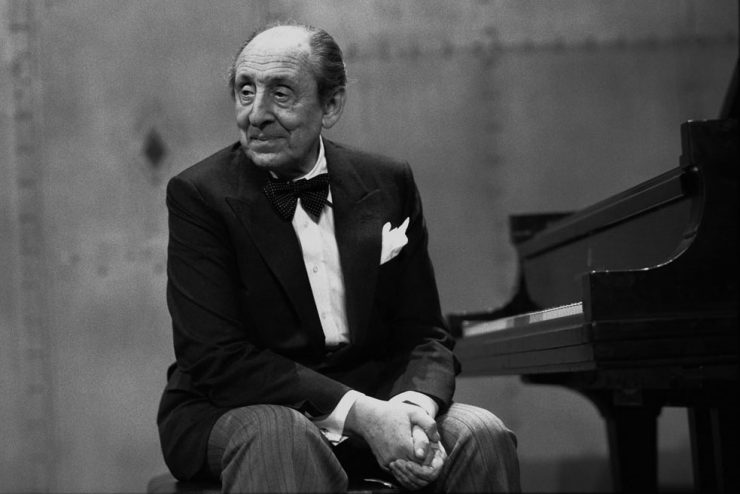
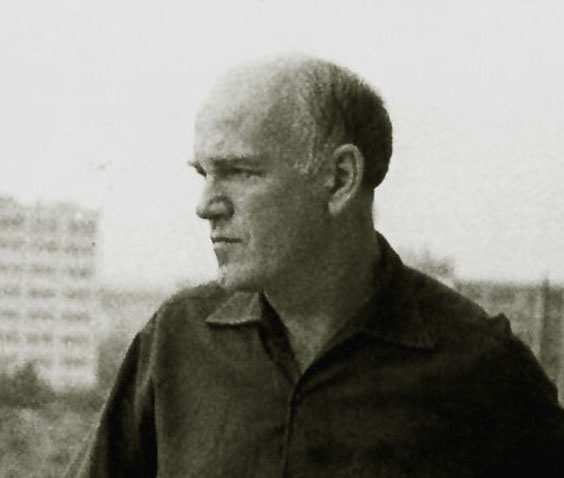
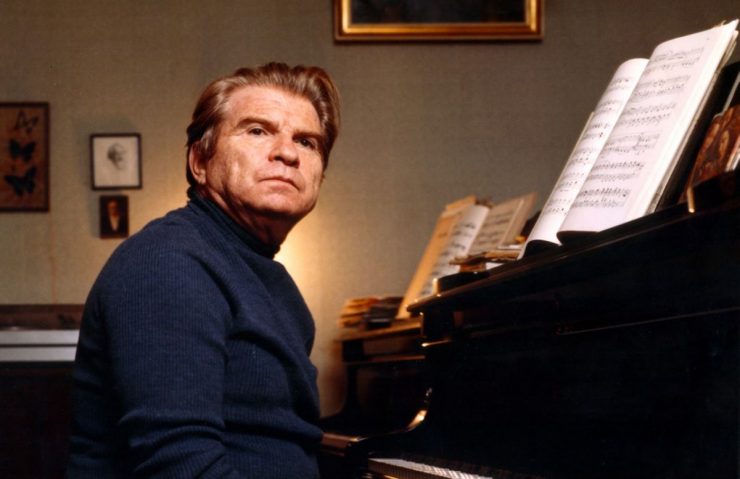
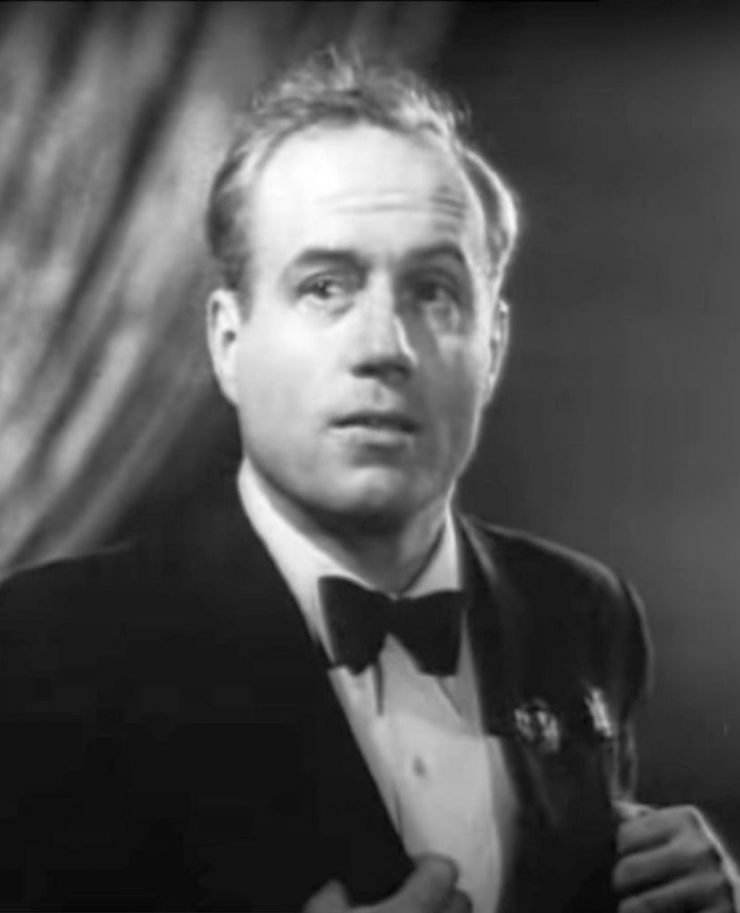
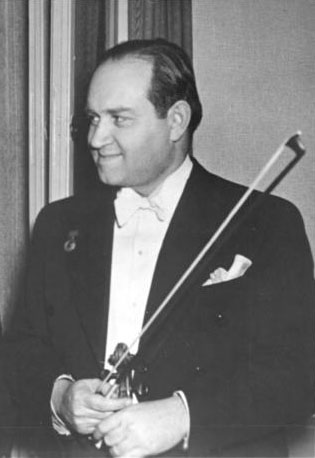
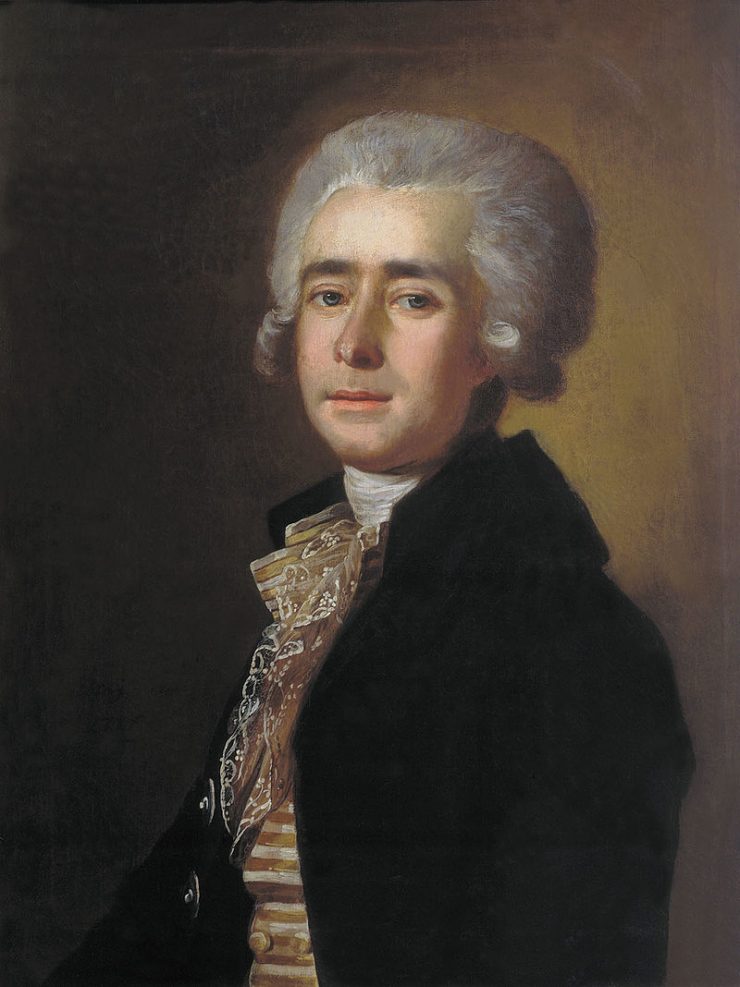
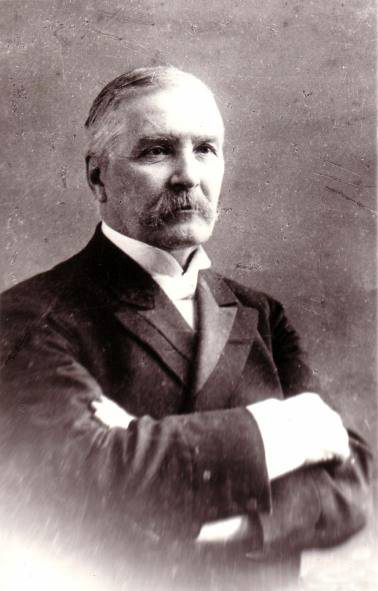
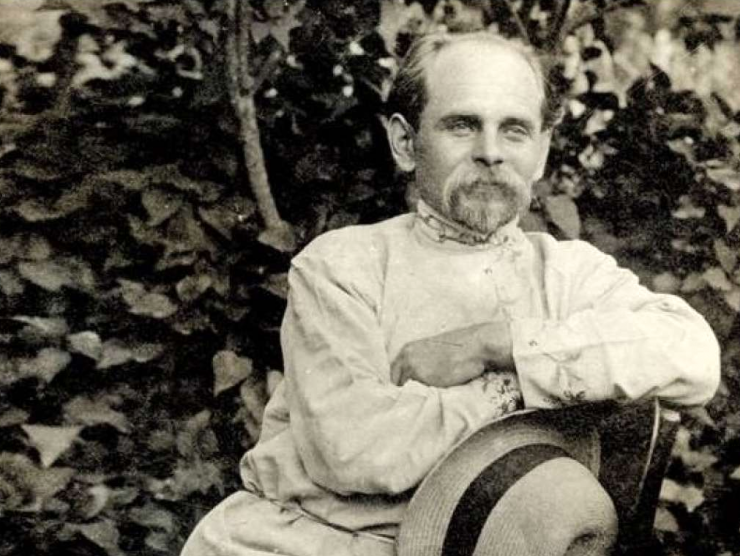
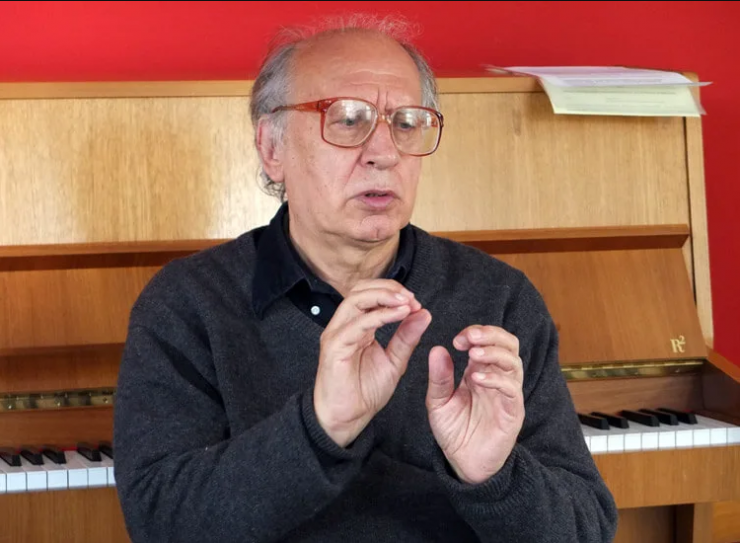

Leave a Reply